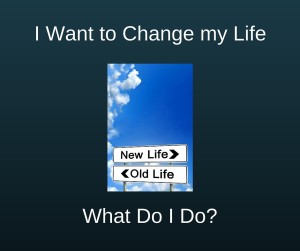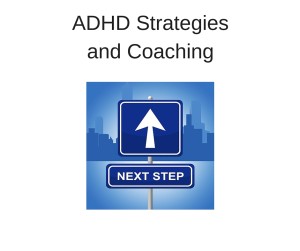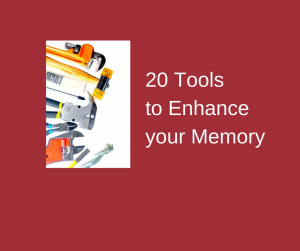 A series of short articles by Sarah Jane Keyser. Follow the links.
A series of short articles by Sarah Jane Keyser. Follow the links.
ADD has strengths as well as weaknesses; like heads and tails, you can’t have one without the other.
Attention Deficit Disorder is not an illness (in spite of the name) and there is no “cure”. ADD is a way of life, a difference in the way you see and move in the world.
You can learn to manage the world and use your brain.
There are many ways to train your brain. Usually, a combination of medication, ADHD coaching strategies, and exercise is most effective. Each individual needs to discover what combination works best for him or her.
Here are some ways that you can change your life:
Life Styles for ADD – You can do many things for yourself. A good program includes exercise, what to eat, how to breathe, how to get to sleep and how to enjoy.
Maintaining the Brain – If your car runs on two cylinders you take it to the garage. If your brain sputters take it to a doctor for a checkup.
ADD Coaching Strategies – A coach is a partner who guides you to new ways of seeing yourself and the world. An ADD coach who knows how ADD feels and understands the ADD brain can help you value your strengths and structure your life.
Celebrating ADD – Learn to appreciate the passion and sparkle which are the gift of ADD.
Published by Sarah Jane Keyser, Copyright 2006, all rights reserved. Learn more about ADHD at Coaching Key to ADHD
Permission is granted to forward or post this content in full for use in a not-for-profit format, as long as this copyright notice and full information about the author, Sarah Jane Keyser, is attached intact. If any other use is desired, permission in writing is required.
*** About Sarah Jane *** Sarah Jane Keyser worked for many years with computers as a programmer, analyst, and user trainer, but her struggle with inattentive ADD kept getting in the way of her plans and dreams. Her credentials include ADD Coach training at the ADD Coach Academy, the Newfield Network’s graduate coaching program “Mastery in Coaching” and “Coaching Kids and Teens” by Jodi Sleeper-Triplett MCC. Sarah Jane is an American living in Switzerland who coaches in French and English by telephone.
“Image courtesy of mrpuen–FreeDigitalPhoto.net” Modified on Canva
Follow ADHD / ADD freeSources’ board Basic Self-Care – Building Routines and Habits on Pinterest.Follow ADHD / ADD freeSources’ board Diagnosis and Treatment of ADHD on Pinterest.
Follow ADHD / ADD freeSources’ board ADHD Coaching Strategies on Pinterest.Follow ADHD / ADD freeSources’s board What’s getting in your way? Psychological help. on Pinterest.




